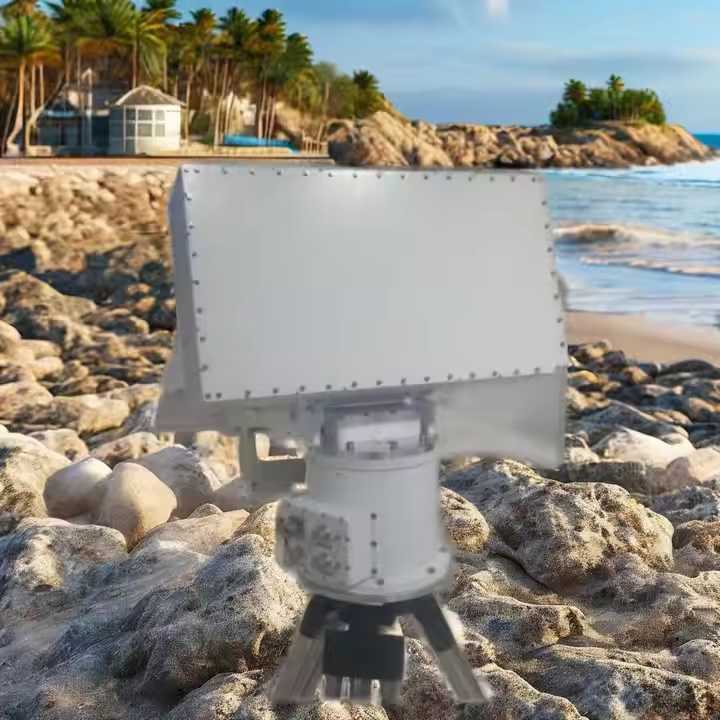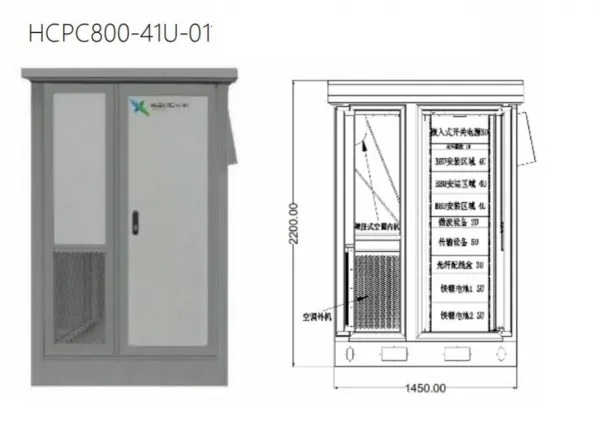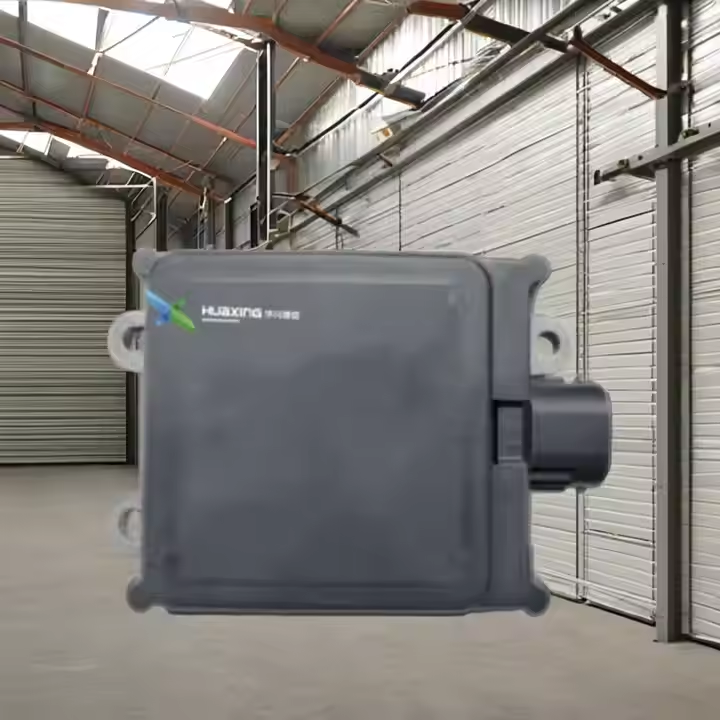solar panel
Solar panels represent a revolutionary advancement in renewable energy technology, serving as sophisticated devices that convert sunlight directly into electricity through photovoltaic cells. These panels consist of multiple layers of crystalline silicon or other semiconductor materials that work together to generate clean, sustainable power. When sunlight hits the surface of the panels, it excites electrons within the semiconductor material, creating an electric current through the photovoltaic effect. Modern solar panels feature enhanced efficiency ratings, typically ranging from 15% to 22%, and incorporate anti-reflective coatings to maximize light absorption. These systems are engineered to withstand various weather conditions and typically come with a lifespan of 25-30 years. The panels can be installed in various configurations, including rooftop installations for residential properties, ground-mounted arrays for commercial applications, and large-scale solar farms for utility-grade power generation. They operate silently and require minimal maintenance, typically only needing occasional cleaning to maintain optimal performance. Advanced models now include smart monitoring capabilities that allow users to track power generation in real-time through mobile applications.


